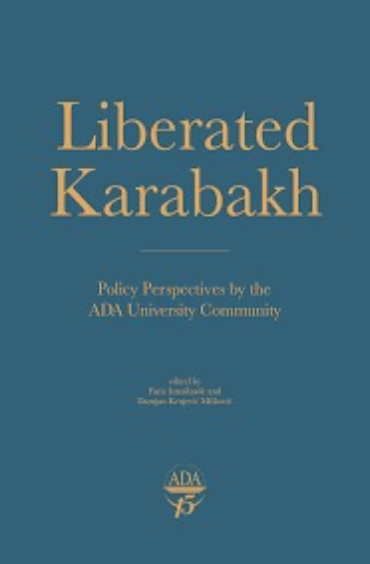Brace for a Blazing Summer: The European War Enters Its Critical Phase
A year ago, in spring 2023, the mainstream Western media was issuing overoptimistic forecasts of the major Ukrainian counteroffensive that would crush the Russian defense and achieve a breaking point, turning decisively the course of the European (a.k.a. Russo-Ukrainian) War. Those predictions did not materialize. A year later, in spring 2024, the mood is in a U-turn: the depressive expectations of the imminent collapse of Ukraine’s ability to resist mounting Russian pressure are overflowing. But it appears to me that those projections are off-target again.








